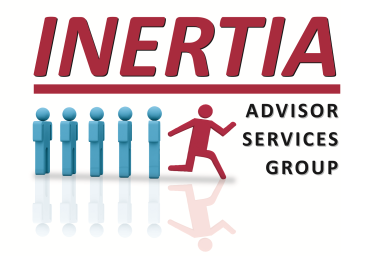Healthcare In Retirement 101: LTC Planning vs. Medicare & Medicaid
If you ask most Americans, they probably can't explain the difference between Medicare and Medicaid, much less how those two programs differ from Long-Term Care planning. However, relying on either of these government-run programs will most likely leave your clients and prospects without the level of care they need or expect. If you know the primary benefits of LTC Planning over Medicare and Medicaid, it can help you make the sale and help your clients make sure they’re protected now and into the future.
What Do Medicare and Medicaid Cover?
Medicare is the primary health insurance provider for Americans over age 65. It is designed to cover "acute" medical or health problems, not day-to-day custodial
care for those who cannot perform Activities of Daily Living (ADLs) or have cognitive impairments. From an LTC perspective, Medicare will only cover rehabilitative or skilled nursing
care following a hospital admission, severely limiting any potential LTC benefits.
Medicaid, however, is a program for those with meager financial resources and income, and most people won’t qualify for these benefits. Planning becomes critical because when a client needs help with ADLs (bathing, dressing, toileting, transferring, eating, and continence), Medicare or Medicaid wouldn’t cover those services, and their LTC Plan would help them pay for that.
Help clients make better and more educated decisions about Healthcare In Retirement and Long-Term Care.
By educating them about LTC Planning, they will better understand why Medicare and Medicaid are poor planning choices and how and why LTC Planning.....
- Allows clients to have peace of mind because having a plan creates a sense of security and enables them to have more control over where, when, and how they receive care.
- It can help protect a client's lifestyle because savings earmarked for retirement income will continue growing while the LTC plan eliminates or lowers the financial burden on that savings should care be needed.
- Provides comprehensive coverage for the full continuum of care, from adult daycare all the way to nursing home or memory care.
- Creates flexibility with a choice of benefit models (indemnity or reimbursement), access to care coordination services, and provides assistance with claims and even bill payment and financial management services.
- Offers powerful tax advantages with the potential for tax-deductible plan funding and Tax-Free benefits to pay for care when needed.
How are you helping clients understand the need to plan for Healthcare In Retirement and Long-Term Care in their comprehensive financial planning?
231025

